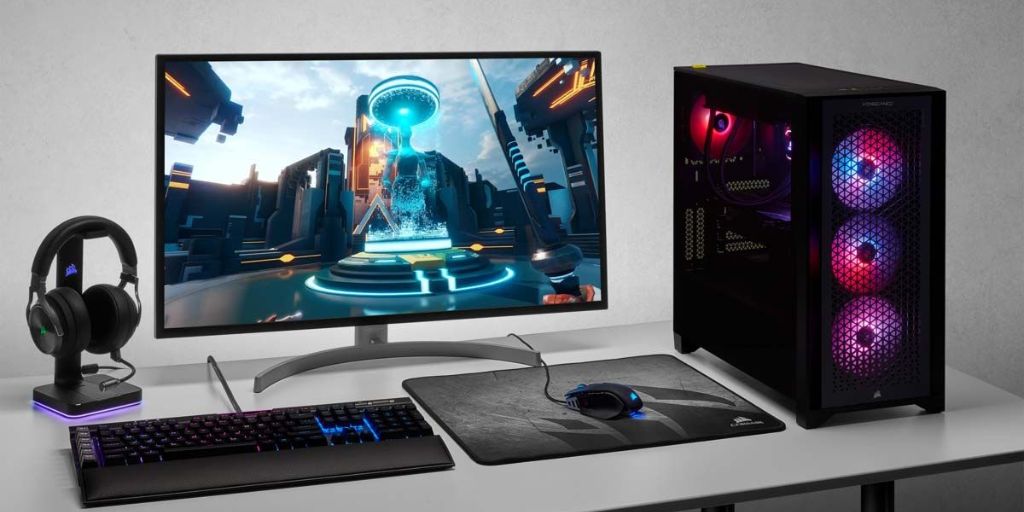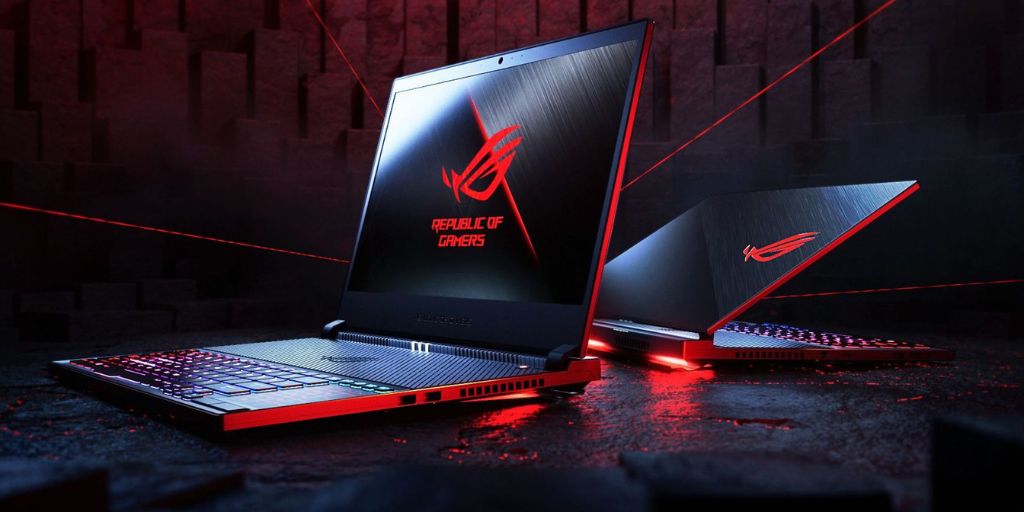In the world of PC gaming, few debates are as enduring as the one between gaming laptops and gaming desktops. Both have their pros and cons, and choosing the right platform often comes down to your priorities—performance, portability, customization, and budget.
In 2025, the performance gap between desktops and laptops has narrowed, but key differences remain. Whether you’re a casual gamer, an eSports competitor, or a content creator who dabbles in gaming, this guide breaks down what each platform offers to help you make the best decision for your lifestyle.
1. Performance: Raw Power and Cooling
Desktops:
Gaming desktops are still the undisputed champions when it comes to raw performance. With full-size GPUs, faster CPUs, and better airflow, desktops handle high-end gaming and multitasking with ease.
-
Pros:
-
Support for full-sized RTX 4000- and 5000-series graphics cards
-
Desktop-grade CPUs with more cores and threads
-
Better thermal management and sustained performance
-
Easier overclocking potential
-
-
Cons:
-
Large footprint requires a dedicated setup
-
Can be overkill for casual or mid-tier gaming
-
Laptops:
Modern gaming laptops, especially those with NVIDIA RTX 40-series mobile GPUs and AMD Ryzen 7000/8000 series CPUs, offer impressive performance that rivals desktops in many games—particularly at 1080p and 1440p.
-
Pros:
-
Great performance for AAA titles and eSports
-
Many models now support DLSS 3 and ray tracing
-
Good thermals with vapor chamber cooling in premium models
-
-
Cons:
-
Thermal throttling is still a concern under sustained load
-
Mobile GPUs are slightly underpowered vs. desktop equivalents
-
Verdict: If you want maximum performance and future-proofing, a desktop wins. But high-end gaming laptops now offer more than enough power for most gamers.
2. Portability: Gaming on the Go
Desktops:
Desktops are inherently stationary. Even compact Mini-ITX builds still require a monitor, keyboard, and power outlet. That said, they’re great if your gaming happens in one place.
-
Pros:
-
Stable and permanent gaming environment
-
Fewer compromises in hardware
-
-
Cons:
-
Not transport-friendly at all
-
Requires a full desk setup
-
Laptops:
Portability is where gaming laptops shine. Whether you’re a student, digital nomad, or someone who just likes to game in different rooms, a laptop gives you the flexibility to take your system anywhere.
-
Pros:
-
Entire gaming system in a compact package
-
Easy to use in dorms, hotels, or while traveling
-
Built-in display, keyboard, and battery
-
-
Cons:
-
Bulkier than regular laptops
-
Battery life is limited while gaming (often 1–2 hours max)
-
Verdict: For users who travel or move between locations, laptops are the obvious choice.
3. Customization and Upgradability
Desktops:
This is another area where desktops reign supreme. Almost every component can be upgraded or replaced—from GPUs and CPUs to RAM, cooling systems, and power supplies.
-
Pros:
-
Easy to upgrade over time
-
Full control over parts and aesthetics (RGB, cases, etc.)
-
Easier maintenance and repair
-
-
Cons:
-
Requires some technical knowledge
-
May need compatibility checks with future hardware
-
Laptops:
Gaming laptops offer limited customization. You can usually upgrade the RAM and storage, but everything else—including the GPU and CPU—is soldered or integrated.
-
Pros:
-
Some flexibility with SSD and RAM
-
Less hassle for casual users
-
-
Cons:
-
No GPU or CPU upgrades
-
Repairs can be expensive and difficult
-
Verdict: If long-term flexibility matters to you, a desktop is the better investment.
4. Price and Value for Money
Desktops:
At any given budget, you generally get more power per dollar with a desktop. The ability to shop around for parts and build your own system can further maximize value.
-
Pros:
-
Better price-to-performance ratio
-
Easier to find deals or second-hand components
-
No need to pay extra for battery, keyboard, or screen
-
-
Cons:
-
Initial setup may include additional costs (monitor, peripherals)
-
Laptops:
Gaming laptops are more expensive for equivalent performance due to miniaturization, thermal engineering, and portability. However, mid-range models offer good value for those who prioritize mobility.
-
Pros:
-
All-in-one solution: includes display and input devices
-
Great for students or people without space for a full rig
-
-
Cons:
-
Premium models can cost as much as high-end desktops
-
Faster depreciation due to non-upgradable components
-
Verdict: Desktops are better value long-term. Laptops cost more upfront for similar specs, but the convenience may be worth it for some.
5. Longevity and Future-Proofing
Desktops:
Because of their upgradability and better thermals, desktops typically last longer and are easier to modernize.

-
Pros:
-
Easy to swap in new GPU or CPU after a few years
-
Larger chassis prevent thermal damage over time
-
-
Cons:
-
Dependent on motherboard compatibility for future parts
-
Laptops:
Gaming laptops are improving in lifespan, but their non-upgradable design means once the hardware is outdated, you’ll likely need a new machine.
-
Pros:
-
Better than ever in durability and sustained performance
-
Can serve as a complete workstation during its life cycle
-
-
Cons:
-
Limited upgrade path means shorter relevance for high-end gaming
-
Verdict: Desktops win again in future-proofing, though premium laptops can still deliver 4–5 solid years.
6. Use Case Scenarios: Which Is Right for You?
-
Get a Gaming Laptop if You:
-
Travel frequently or move between locations
-
Need a compact setup for school or small living spaces
-
Want an all-in-one system without needing extra peripherals
-
Prefer plug-and-play convenience over DIY
-
-
Get a Gaming Desktop if You:
-
Want top-tier gaming performance at the best value
-
Enjoy upgrading and customizing your hardware
-
Have the space for a permanent setup
-
Plan to stream, edit videos, or run demanding software
-
Conclusion
Both gaming laptops and desktops have evolved significantly, and the decision ultimately depends on your priorities.
If performance, customization, and future upgrades are your main concerns—and you don’t need portability—a gaming desktop is the clear winner. But if portability, convenience, and space-saving are higher on your list, a good gaming laptop will serve you well.
For many, a hybrid approach may also work: use a gaming desktop at home and a more affordable laptop or handheld device for on-the-go gaming.




